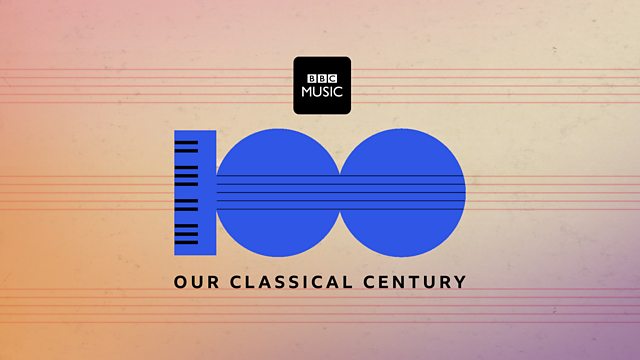
Malcolm Arnold: The Bridge on the River Kwai
The Oscar-winning score for David Lean's war epic.
On 26 March 1958, David Lean’s epic The Bridge on the River Kwai - inspired by Burma’s historic and horrific Death Railway - scooped up seven Academy Awards. One of the awards was for Malcolm Arnold's score.
"It was one of the worst jobs I’ve ever had," Arnold reportedly said. With just ten days to compose the score, he found inspiration in the famous Colonel Bogey March, written by Frederick Joseph Ricketts in 1914. The instantly recognisable, chirpy little tune made it an instant hit – it seemed to be whistled and hummed everywhere in the Army.
In the film, we hear the whistling before we see the men. It's 1943, and British prisoners-of-war march into the Japanese camp in Burma with torn uniforms and missing boots. Their whistling is a song of defiance, dignity and solidarity. Later, the whistling returns - this time, a bittersweet song of triumph under conditions of slavery, as the British prisoners pass across the beautiful bridge they have built.
Arnold composed a fully orchestrated River Kwai March that wrapped itself around the vulnerable little whistling tune. His music for the film responds romantically to the rich, lush landscape, meandering around the exotic songs of the birds and the screech of flying bats and intruding into the inhospitable rainforests with punchy, chromatic brass fanfares and racing tremolando strings.
The River Kwai does not really exist, the characters in the film are largely fictional, and even Colonel Bogey is simply a nickname for an eccentric colonel who used to whistle the falling minor third on the golf course to warn of an impending drive. But the indefatigable human spirit is very real - as is the insanity of war. In the film's final scene, the bridge is blown to pieces. "Madness," stutters the camp doctor - and the jovial River Kwai March returns, turning horror into farce; a final closing comment from the music on the utter stupidity and futility of war.
This is one of 100 significant musical moments explored by �鶹�� Radio 3’s Essential Classics as part of Our Classical Century, a �鶹�� season celebrating a momentous 100 years in music from 1918 to 2018. Visit bbc.co.uk/ourclassicalcentury to watch and listen to all programmes in the season.
This archive recording features the �鶹�� Scottish Symphony Orchestra with conductor Stephen Bell.
Duration:
This clip is from
Featured in...
![]()
The music of Our Classical Century—Our Classical Century
100 recordings to celebrate 100 years of exciting, inspirational, rule-busting music.
More clips from Our Classical Century
-
![]()
Step outside your musical tribe
Duration: 02:49



